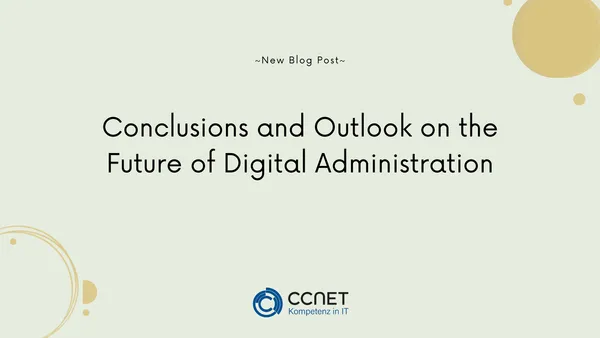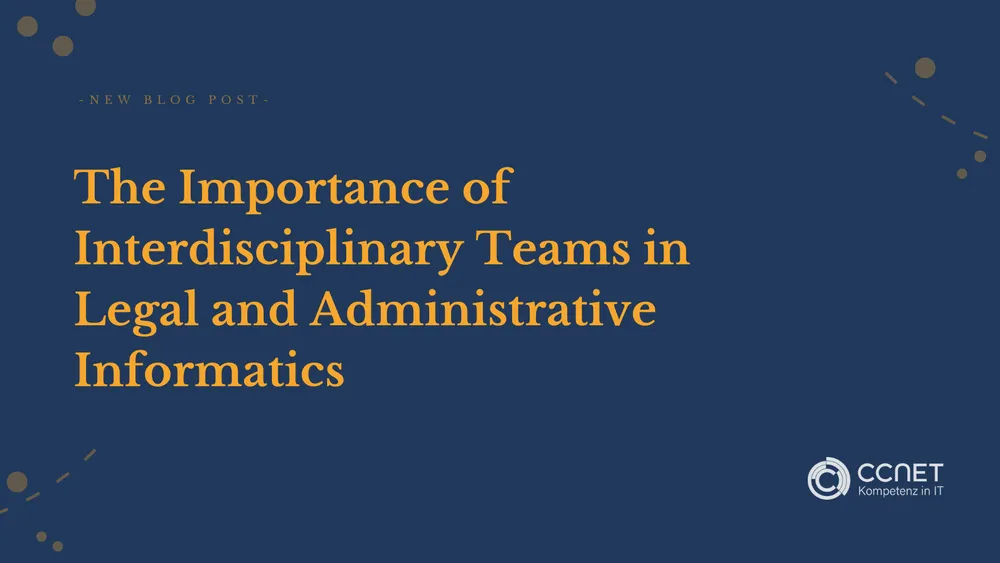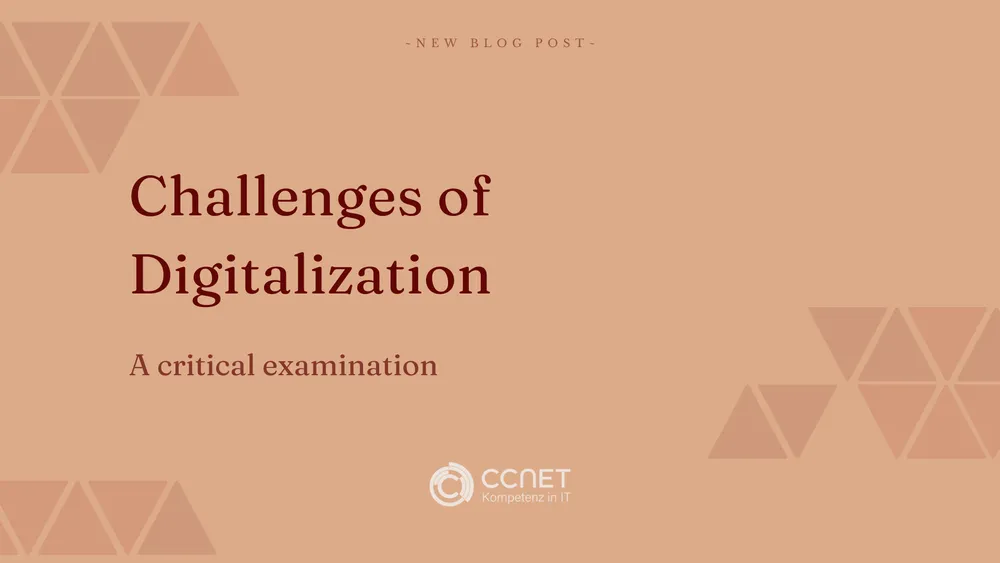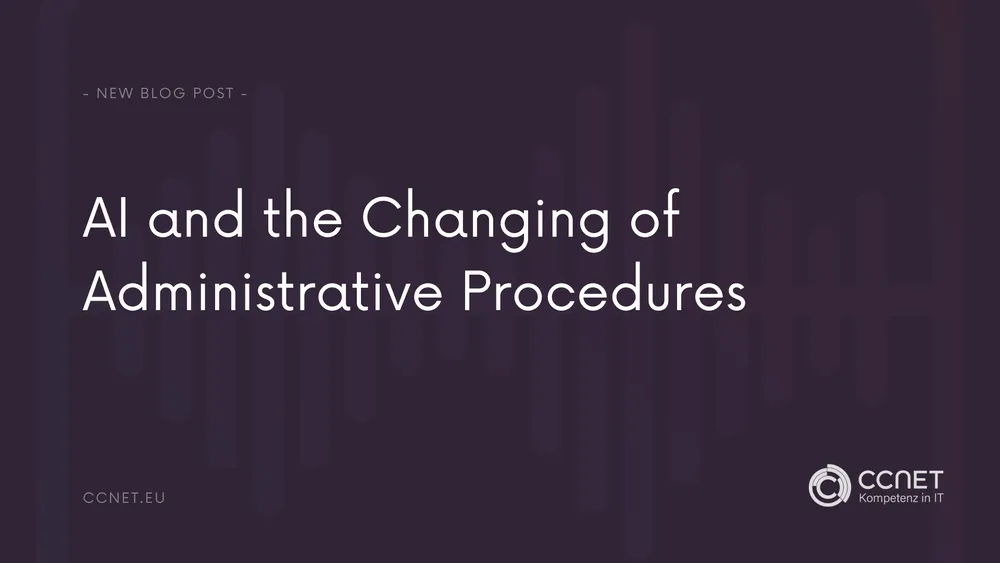
CCNet
Aug 12, 2024 • 2 min read

Conclusions and Outlook on the Future of Digital Administration
The digital transformation of administration has accelerated in recent years. While many countries are making progress, challenges and opportunities for further development remain. This contribution examines the conclusions and provides an outlook on the future shaping of digital administration systems based on current insights, research, experiences, and best practices in this field. Considering this dynamism, continuous adaptation and innovation are essential to meet the ever-changing demands and ensure efficient public service delivery.
Key Insights and Developments
Digital technologies have improved the efficiency and accessibility of administrative processes, but they also bring new challenges in the areas of security, data protection, and technical reliability. The need to continuously adapt legal and technical frameworks is evident and requires ongoing review and adjustment of legislative provisions to keep pace with the constantly changing technological environment.
The Future of AI in Administration
Artificial intelligence plays an increasingly important role in administration, especially in automating and enhancing process efficiency. However, the integration of AI brings ethical and operational issues that need to be addressed even more strongly in the future to ensure fairness, transparency, and accountability. It is crucial for both governments and businesses to carefully consider the societal impacts of AI and take appropriate measures to ensure that this technology is used for the benefit of all.
Digital Platforms and Portal Networks
The development of portal networks, as envisaged in the Online Access Act (OZG), is crucial for creating a seamless digital administration experience. These platforms are intended to encompass all levels of administration and provide a central access point for citizens. However, the implementation of such systems still faces significant challenges, especially regarding the interconnection of different authorities and the standardization of processes, which requires comprehensive coordination and collaboration. Moreover, intensive training of staff and continuous monitoring of security measures are crucial.
Reforms and Legislative Adjustments
The need to adapt laws to the opportunities of digitalization is evident. Automation-friendly legislation, considered already in the drafting phase, is increasingly important to ensure that administrative procedures can run efficiently and fairly. Close collaboration between legal experts and technologists is essential to develop innovative solutions and meet societal needs effectively in this rapidly evolving digital landscape. This collaboration enables the creation of robust legal frameworks that not only accommodate technological advancements but also uphold fundamental principles of justice, equity, and accountability.
Conclusion and Outlook
Digital administration is a dynamic field that requires constant adjustments and reviews. The future will likely see even stronger integration of automated processes and artificial intelligence into everyday administration. It will be important to maintain the balance between technological efficiency and the fundamental rights of citizens. The further development of digital administration offers enormous opportunities but also places high demands on legislators, technologists, and administrative staff to ensure that the changes are in line with the needs and rights of citizens. Continuous evaluation and adaptation of existing frameworks are needed to ensure that the digital transformation of administration proceeds effectively and fairly.
What further steps do you consider necessary to make the digital transformation of public administration successful? What challenges do you see as particularly critical?


